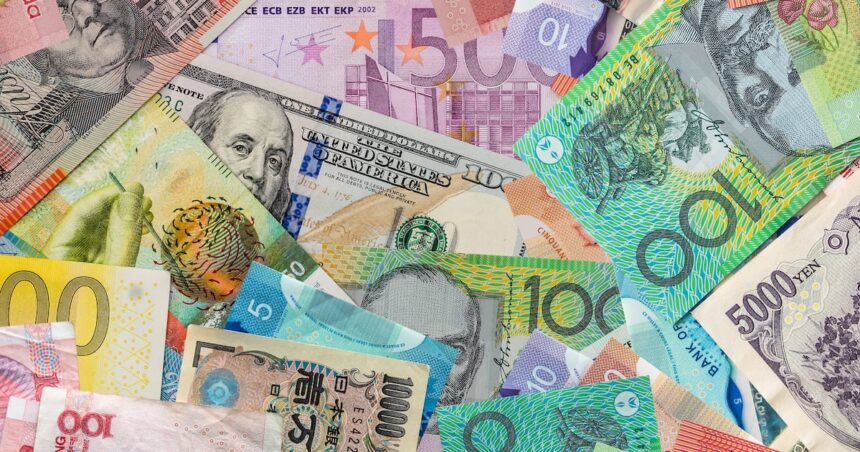In a significant move merging decentralized finance (DeFi) and traditional financial markets, Taoshi, in collaboration with General TAO Ventures, has launched 0xMarkets, a new decentralized exchange (DEX) on Coinbase’s Base blockchain. This innovation is aimed at tapping into the lucrative $7.5 trillion foreign exchange (forex) market, where national currencies are traded.
Taoshi’s platform introduces a unique approach by leveraging the Bittensor blockchain to attract liquidity providers. This strategy is crucial for success in forex trading, where the daily price fluctuations of currencies are often minor, compelling traders to utilize high leverage—up to 500 times—to generate significant returns. Founder and CEO Arrash Yasavolian emphasized the importance of liquidity, noting that just establishing a DEX is not enough; attracting and retaining liquidity is the key to success in this space.
0xMarkets will enable traders to swap a variety of currencies, including not only fiat options like the US dollar and euro but also major cryptocurrencies such as Bitcoin and Ethereum. A distinctive feature of the platform is its liquidity-as-a-service engine, which will allow liquidity providers to earn fees by depositing Circle’s USDC stablecoin into the Bittensor subnet. By participating, these providers not only earn liquidity provider rewards but also receive emissions of the subnet’s alpha token, which serves as a governance token. Token holders can vote on the distribution of future alpha tokens to incentivize ongoing liquidity.
The platform draws parallels to Curve Finance, a successful DEX that has garnered over $2.3 billion in deposits since its launch in 2020. However, experts have raised concerns about potential governance centralization among significant token holders and the dependency on new token emissions to maintain liquidity. Lisa JY Tan, founder of the crypto consultancy Economics Design, highlighted these risks, warning that a substantial drop in the value of Curve’s CRV token could weaken the protocol’s attractiveness and lead to liquidity issues.
This is not Taoshi’s first foray into the crypto space; the firm previously established a decentralized trading firm named Subnet 8, which employs artificial intelligence to execute automated trading strategies. The dual operations may raise questions about potential conflicts of interest, as Taoshi could theoretically leverage inside knowledge to benefit from market movements. However, Yasavolian argued that 0xMarkets is designed in a way that minimizes such risks, asserting that the firm aims to democratize market-making opportunities, allowing diverse participants to engage meaningfully.
In a bid to further enhance the trading experience, plans are in place to allow users to deposit funds into market-making vaults managed by AI agents. This model, reminiscent of market-making strategies employed by top platforms, aims to provide user-generated capital a yielding avenue while ensuring transparency and fairness.
Overall, 0xMarkets represents a bold step in bridging the gap between DeFi and traditional forex trading, with hopes that it can overcome the challenges that have historically hindered similar ventures. The coming months will be pivotal in determining whether the platform can secure the necessary liquidity and user interest to thrive in an ever-evolving financial landscape.







